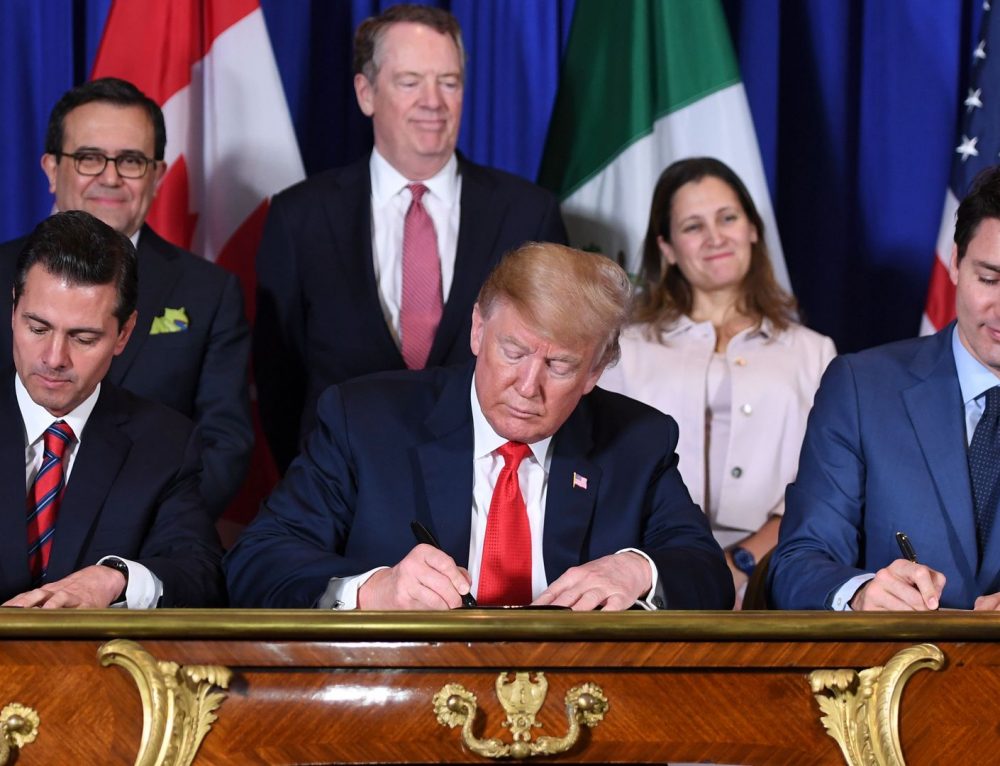Among experts, there is no consensus on the final outcome for the USMCA. What’s next in the long-running saga?
The US House of Representatives began summer break and have left the ratification of the new North American trade deal hanging since then, rekindling concerns that a frustrated President Donald Trump will blow up the existing pact.
Trade experts in Canada and the US are divided on whether Trump may be driven to invoke the six-month notice period to withdraw from the current North American Free Trade Agreement (NAFTA)—a threat he repeatedly made during the tense renegotiation of the pact that he imposed on Canada and Mexico.
Mexico is the only country as yet to give full legal approval to the new United States-Mexico-Canada Agreement, or USMCA, with its Congress recently ratifying the deal.
Canada is waiting to see what the US Congress will do and with the Democrats controlling the lower House, no ratification bill was tabled there before lawmakers broke for their five-week summer recess on Friday—a scenario Trump and his cabinet worked hard to avoid.
The Democrats want changes to the USMCA’s provisions on labor, the environment, and patent protection for drugs, and have by all accounts been working hard with Trump’s trade czar Robert Lighthizer to move forward.
But they haven’t reached an agreement to bring a bill forward in the House. That makes it all but certain that US lawmakers won’t be in a position to take even the most tentative steps forward on the deal before the start of Canada’s federal election campaign, which is set to begin by mid-September at the latest.
For some, that means fireworks for the Canadian campaign—ignited by a petulant Trump.
Among experts, there is no consensus on the final outcome for the USMCA. Some believe that the Democrats are likely to want substantive changes that could leave the deal in limbo for many months. Others say it is unlikely Trump would pull the plug on the new NAFTA so close to his own election campaign because it would breed economic uncertainty. Yet others say he most certainly would withdraw from the deal, yet Congress or the courts could step in to delay the move.












